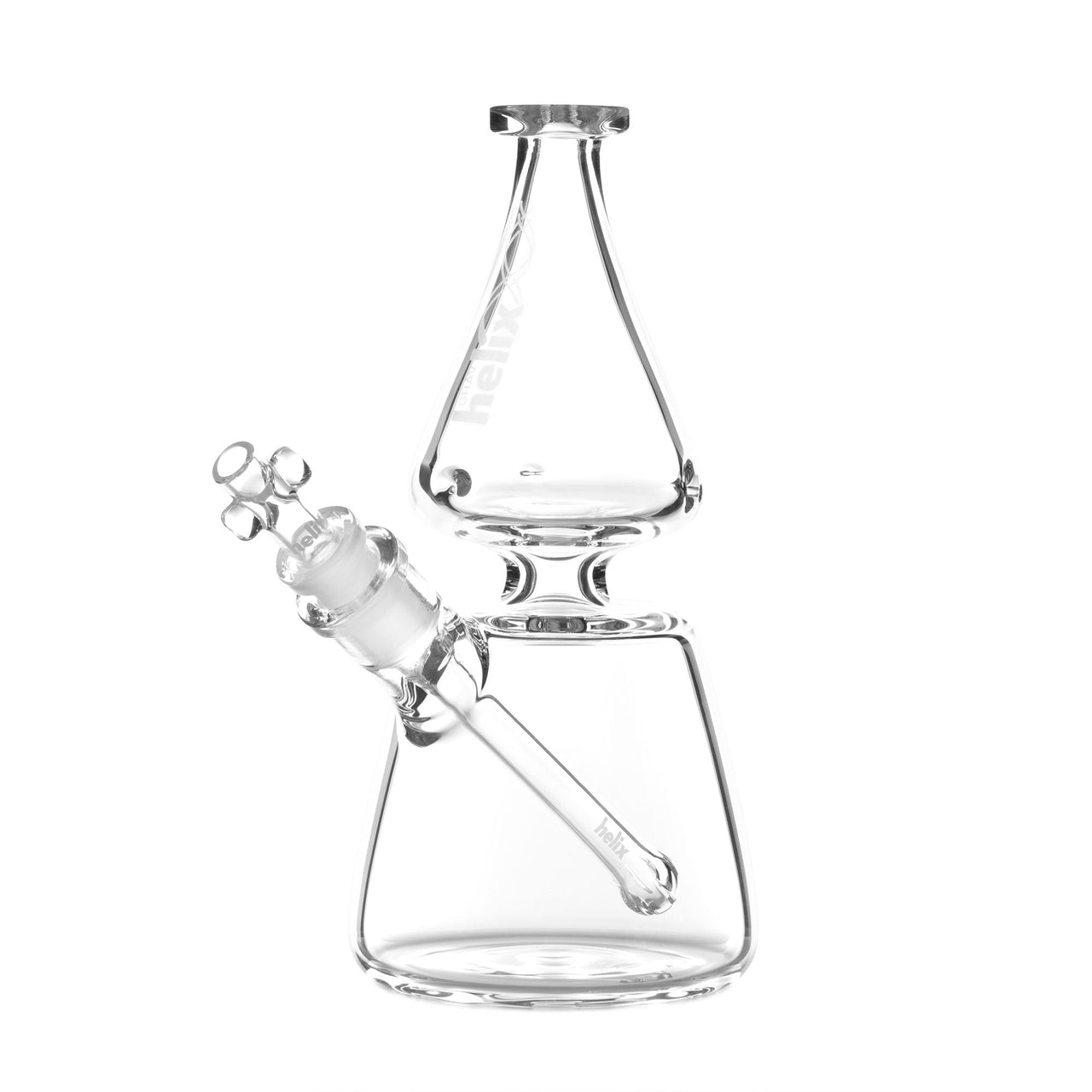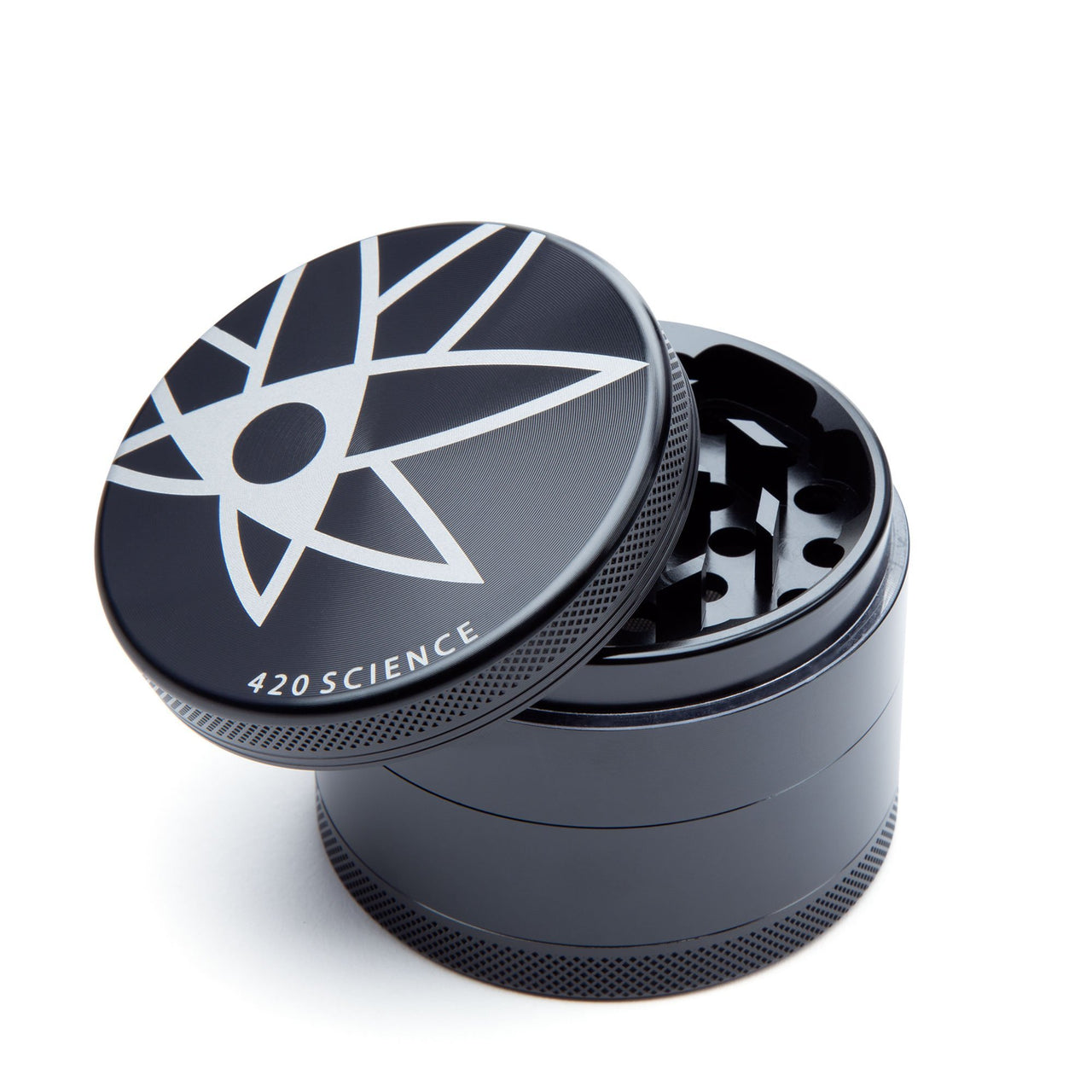
We Might All Go Mad? Cannabis & Mental Health
Thoughts on Recent Studies Showing Possible Links Between Cannabis and Psychosis
What recent cannabis research tells us and how to deal with the existential crisis it creates. Let's get one thing straight; I love cannabis. I use it in some form every day and the only adverse effect I can see after over a decade of use is that I could have contributed way more to my 401k if I hadn't had smoked so much, and I'd suffer a little less social stigma from reeking like pure dank less often. So when I read the most recent research results into cannabis and saw that some studies have found that there could be a dangerous link between developing psychosis later in life from using high potency cannabis, which happens to be my favorite kind of cannabis, daily, I was taken aback.

We're the test generations.
High potency cannabis, which is laden with THC crystals that/ get you blazed and produce the main effect of a cannabis high has not always been available to everyone. Our parents and grandparents cannabis was less concentrated with THC and had slightly more CBD. We don't quite yet know the longterm effects of smoking strong cannabis over a lifetime, or especially dabs.
I remember my first dab. Looking back on it, I doubt it was the healthiest experience. It was a viscous dark green taffy that I slapped down on a red hot titanium nail. Oh boy. Who knows what the quality was? Not me. What's sure to be true is that we're probably going to find out in about 30 to 40 years what the long term effects of ingesting these recent high powered versions of weed.
Regret or Restraint?
There are plenty of things that most people do every day that are killing them a little at a time, and they are okay with it. We inhale car exhaust in traffic, eat terrible processed food, and destroy our livers with alcohol. So why be concerned about the possibility of cannabis's harmful effects when these other things are killing us, and we know it? In short, I don't want to go out like that.
Like most people, or maybe like most men, I'd prefer to die while fighting a dragon in my flying car while rocketing through a black hole into another dimension. But if that doesn't happen then I would much rather prefer the idea of a peaceful, pain-free, surrounded by my loved one's death that I can actually experience as the end of my life, and preferably I'd like to do it stoned out of my mind rather than just actually out of my mind.
So to me, it makes sense to stop being a daily smoker in favor of probably keeping my ability to comprehend my actions and the actions of others as my life goes on. But is this actually something to be concerned about?

What Studies Show
As always with cannabis research, there is not enough information to be conclusive. So the words "suggest" and "could" are very important here. When such a study mentions that there could be a link between frequent cannabis use and psychosis, that also means some other things are possible as well.
There is a chance that people likely to develop psychosis later in life are also likely to use cannabis heavily. We don't have enough information to know yet, and that's the biggest problem. To come to a conclusive determination about any relationship between cannabis use and mental illness, researchers would need to conduct a study many times larger than any that has taken place. Unfortunately, finding funding for a life long study that looked at hundreds of individuals is far from likely even in today's currently normalizing cannabis climate.
The Take-Away
Everything is trying to kill us, but that's okay because everything can't get us in the end, only one thing can. If it's not cannabis-induced psychosis, then it may just be the dragon around the corner. There is no reason to go through life being afraid of total annihilation from every source of happiness we find, instead, eat the foods, drink the drinks and smoke up, but with careful consideration and gratefulness.






